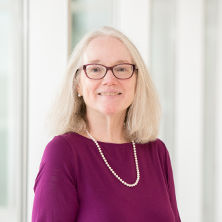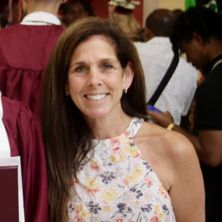School Counseling
The M.A. in School Counseling program prepares school counselors to maximize the potential of all students through comprehensive developmental school counseling programs, and develops skills as competent school counselors and effective consultants, collaborators, advocates and leaders in an ever-changing global society. The school counseling master's program of study meets the credentialing requirements set by the NJ Department of Education. Further, the school counseling program works to follow the standards set forth by the Master’s in Psychology and Counseling Accreditation Council (MPCAC).
The School Counseling Program
The M.A. in School Counseling is a 48-credit program consisting of foundation, counseling and clinical courses culminating in a school counselor internship. Throughout the school counseling program students gain the knowledge and skills to provide counseling, prevention and early identification services to help children and adolescents achieve optimal development. School counseling students also learn how to empower students and their families to overcome educational difficulties through a multidisciplinary team intervention approach, and provide crisis intervention, disaster response and coping strategies to students and families in the school community.
Why Earn a Master's in School Counseling?
Earning a Master's in School Counseling from Seton Hall University through their comprehensive school counseling program prepares students for meaningful roles in educational settings. This school counseling program equips individuals with the necessary skills to support student development, academic achievement, and personal well-being. Graduates of this school counseling program are ready to advocate for students, guide them through academic and personal challenges, and collaborate with educators and families to create supportive educational environments.



